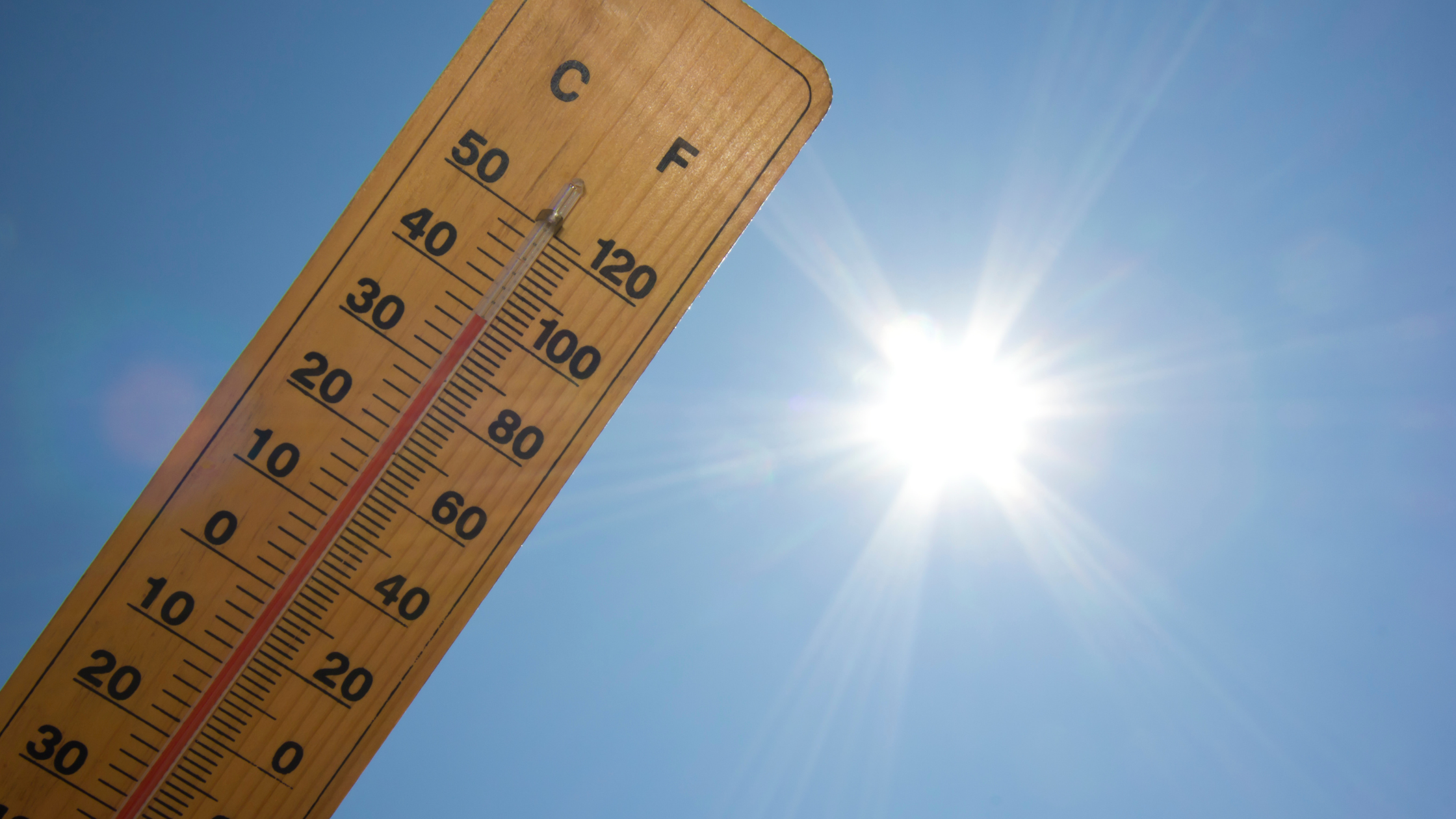
- June 23, 2013
- Katlin Owens
What is Heat Exhaustion?
Source: Mayo Clinic
Heat exhaustion is a condition which symptoms may include heavy sweating and a rapid pulse, a result of your body overheating. It's one of three heat-related syndromes, with heat cramps being the mildest and heatstroke being the most severe.
Causes of heat exhaustion include exposure to high temperatures, particularly when combined with high humidity, and strenuous physical activity. Without prompt treatment, heat exhaustion can lead to heatstroke, a life-threatening condition. Fortunately, heat exhaustion is preventable.
TREATMENT
In most cases, you can treat heat exhaustion yourself by doing the following:
- Rest in a cool place. Getting into an air-conditioned building is best, but at the least, find a shady spot. Rest on your back with your legs elevated higher than your heart level.
- Drink cool fluids. Stick to water or sports drinks. Don't drink any alcoholic beverages, which can contribute to dehydration.
- Apply cool water to your skin. If possible, take a cool shower or soak in a cool bath. Don't use alcohol on your skin.
- Loosen clothing. Remove any unnecessary clothing and make sure your clothes are lightweight and nonbinding.
If you don't begin to feel better within one hour of using these treatment measures, seek prompt medical attention. You may be given intravenous (IV) fluids to help you rehydrate. Immersing you in cold water, misting your skin, placing you in front of fans, or using cold or ice packs and cooling blankets are some of the techniques that may be used to bring down your body temperature.
PREVENTION
You can take a number of precautions to prevent heat exhaustion and other heat-related illnesses. When temperatures climb, remember to:
- Wear loosefitting, lightweight, light-colored clothing. Excess, dark or tight clothing holds in heat and doesn't let your body cool properly because it inhibits sweat evaporation.
- Avoid sunburn. If you're going to be outdoors, wear a lightweight, wide-brimmed hat or use an umbrella to protect yourself from the sun, and apply sunscreen to any exposed skin. Having a sunburn reduces your body's ability to rid itself of heat.
- Seek a cooler place. Being in an air-conditioned building, even for just a few hours, is one of the best ways to prevent heat exhaustion. If your home doesn't have an air conditioner, consider spending time at a library or shopping mall. At the least, find a well-shaded spot. Fans alone aren't adequate to counter high heat and humidity.
- Drink plenty of fluids. Staying hydrated will help your body sweat and maintain a normal body temperature. If your doctor has told you to limit fluids because of a health condition, be sure to check with him or her about how much extra you need to drink when the temperature rises. Avoid alcoholic beverages.
- Take extra precautions with certain medications. Ask your doctor or pharmacist whether the medications you take make you more susceptible to heat exhaustion and, if so, what you can do to keep your body from overheating.
- Avoid hot spots. On a hot day, the temperature in your parked car can rise 20 F (about 6.7 C) in just 10 minutes. Let your car cool off before you drive it. Never leave children or anyone else in a parked car in hot weather for any period of time.
- Let your body acclimate to the heat. If you travel to somewhere hot, or the temperatures suddenly jump in your area, it can take several weeks for your body to get used to the heat. You'll still need to take precautions, but working or exercising in heat should become more tolerable. If you're on vacation, you probably don't have several weeks to wait, but it's a good idea to wait at least a few days before attempting vigorous activity in the heat.
Leave Your Comment